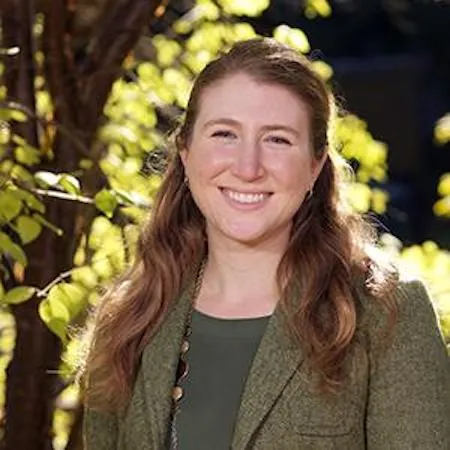In the last decade, resilience has rapidly risen in prominence to become an important concept in urban planning practice and academic discourse. Large, high-profile funding opportunities such as the U.S. Housing and Urban Development (HUD) $1 billion National Disaster Resilience Competition and the Rockefeller Foundations 100 Resilient Cities demonstrate the support and interest in resilience at the city scale. Today, cities are beginning to create resilience plans. What do these plans contain and how do they compare to other planning efforts to prepare for climate change? We use plan evaluation methods to analyze 10 resilience plans developed by cities participating in the 100 Resilient Cites program and compare them to 44 early, local climate change adaptation plans. The results demonstrate that resilience orients climate change as one of the many stresses and shocks a city may experience. Resilience plans lack critical elements for preparing cities for climate change, but also offer a new platform to address the economic, social, and environmental policies that may amplify the consequences of climate change. Consequently, resilience planning represents an alternative, potentially complementary, path towards preparing for climate change.
Presenters

Sierra Woodruff
Dr. Sierra Woodruff is an assistant professor in the department of Landscape Architecture and Urban Planning at Texas A&M University. Her research focuses on how communities can prepare for climate change and protect ecological functions through planning. She received her PhD in Ecology from the University of North Carolina and her undergraduate degree from Princeton University.

Sierra Woodruff
Dr. Sierra Woodruff is an assistant professor in the department of Landscape Architecture and Urban Planning at Texas A&M University. Her research focuses on how communities can prepare for climate change and protect ecological functions through planning. She received her PhD in Ecology from the University of North Carolina and her undergraduate degree from Princeton University.